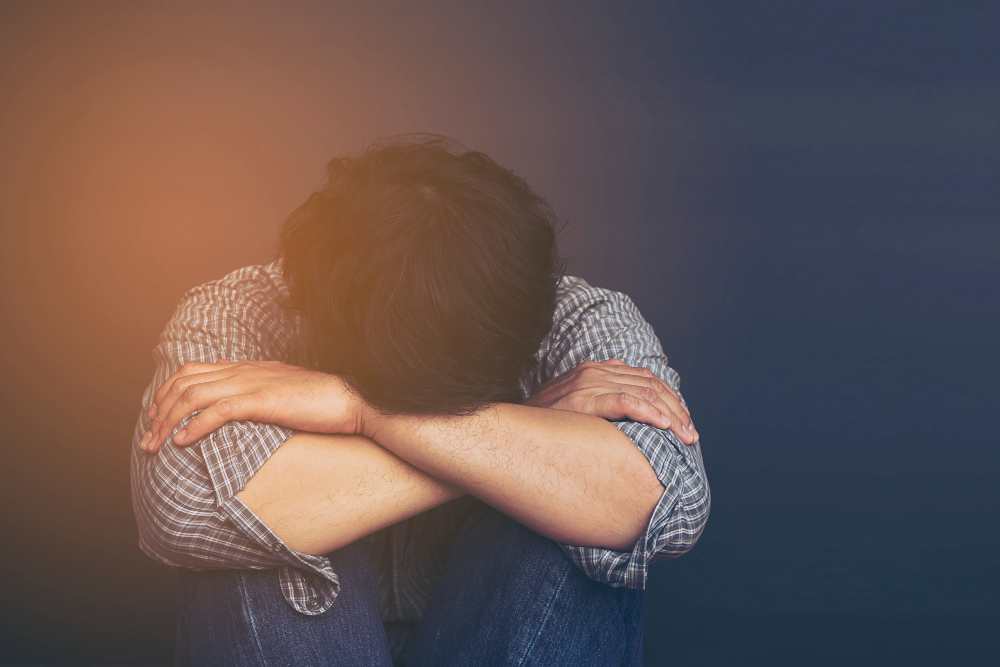Women are definitely not the only one who undergo through the results of altering hormones. Some medical practitioners notice that men are reporting some of the equal signs that females trip in perimenopause and menopause.
“Male menopause” is also termed andropause. It basically denoted the age related changes in the hormone levels in men. it might also be known by different names such as androgen deficiency, testosterone deficiency, and late-onset hypogonadism.
What Is Male “Menopause?”
As men do not go through a well-defined period of menopause,
Few doctors describe this phase as androgen decline in again males or in other words low testosterone levels. It is not uncommon for men in that age group to experience a decline in the production of testosterone itself. But this condition is also seen in patients of diabetes.
What are the symptoms of Male Menopause?
Male menopause may cause sexual, physical, and psychological problems. They typically worsen as you get older. They can include:
- lowered self-confidence
- difficulty concentrating
- insomnia or difficulty sleeping
- increased body fat
- low energy
- decreased bone density
- erectile dysfunction
- reduced libido
- depression or sadness
- decreased motivation
- The muscle mass may get reduced and generalized weakness.
- gynecomastia, or development of breasts
- infertility
Men can also experience tender or swollen breasts, decreased testicle size, hot flashes, or loss of body hair. Low levels in the hormone testosterone also are linked with osteoporosis in males. In this condition, their bones become weak and brittle. These are rare symptoms. They typically affect men at the same age as women entering menopause.
How Is Male “Menopause” Diagnosed?
To make the diagnosis of male “menopause,” the medical expert will:
- Perform a physical exam
- Ask about symptoms
- Write tests to rule out medical problems that may be contributing to the condition
- Ask for blood tests, which may include measuring testosterone level.
A straightforward treatment for male menopause symptoms is making healthier lifestyle choices. For example, the doctor might advise you to:
- eat a healthy diet
- get regular exercise
- get enough sleep
- reduce your stress
These lifestyle habits can benefit all men. When you adopt these
habits, you may experience dramatic changes in your overall health.
If you’re experiencing depression, ask your doctor, he may prescribe antidepressants, therapy, and lifestyle changes.
Hormone replacement therapy is another treatment option. However, it’s very controversial.


